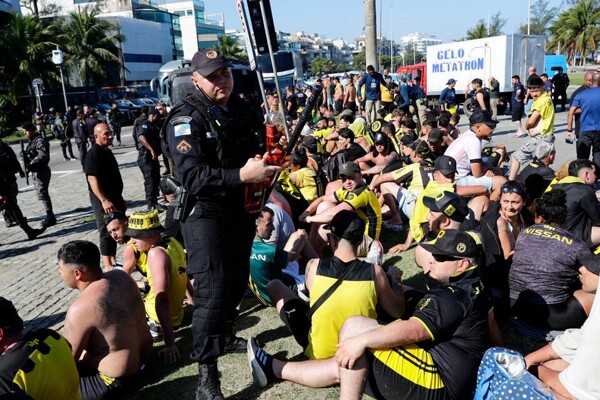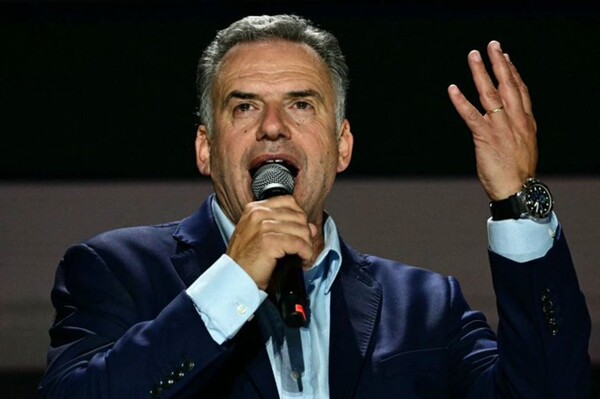
The result of the presidential and parliamentary elections in Uruguay has been a reason for celebration for both the government and the opposition. With 99.92% of the votes counted by the Electoral Court, it has been confirmed that the Frente Amplio, the opposition party, received 1,057,515 votes out of 2,441,238 cast, consolidating itself as the most voted political force. Meanwhile, the National Party, in power, achieved 644,147 endorsements.
In statements after the vote projections were announced, the Frente Amplio candidate, Yamandú Orsi, emphasized that the government coalition was the majority political project and that together they would achieve a new victory. For his part, Álvaro Delgado, the government candidate, highlighted the importance of giving Uruguay a path to prosperity and facing the country's challenges.
With an eye on the second round on November 24, Delgado will meet with leaders of the coalition parties to work on a joint government plan. Meanwhile, Orsi called on his supporters to make one last effort ahead of the next stage of the elections.
Regarding the results of the various parties that make up the government coalition, the Colorado Party, Cabildo Abierto, the Independent Party, and the new Constitutional Environmentalist Party totaled 1,141,729 votes, surpassing the opposition by 84,214 votes.
Highlighting the importance of maintaining and even expanding their voter base, the need to cover the entire national territory to consolidate support has been pointed out. In this scenario, the Frente Amplio celebrates a 5% increase compared to the 2019 elections and highlights that it will have a majority in the Senate, as well as an increase in representation in the House of Representatives.
In preparation for the second round, the various political actors have already begun to outline strategies and seek the necessary voter support to achieve victory. With a scenario marked by parity in electorates and the closeness of the results, November is expected to be filled with debates and proposals to define the political direction of Uruguay in the coming years.













